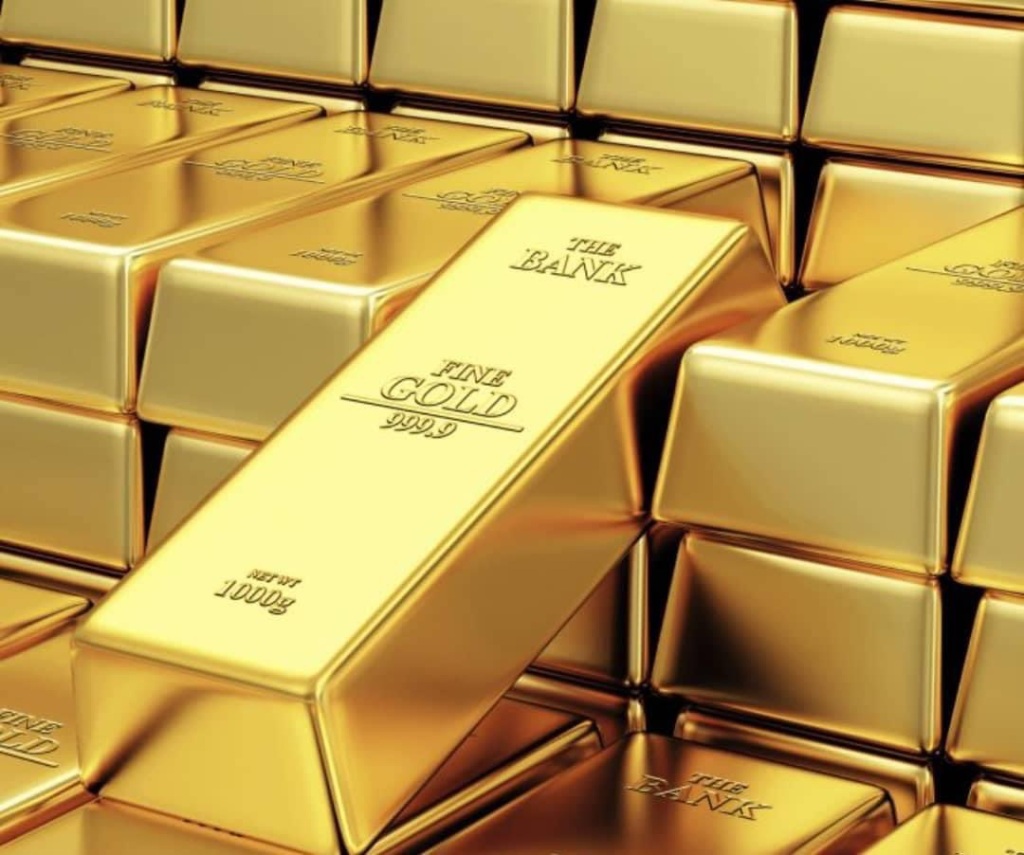
The Marape Government is pushing through a legislation to establish a gold refinery in PNG. Though the legislation will make it legal to have such refinery, the actual contents of the deal with a foreign company that will build and operate the refinery has not being made public. Because the government has the numbers (of MPs), and with the prime minister’s control over Constituency Development Funds, the legislation is set to be passed without much resistance from the already weak opposition. PNG prime ministers often reward MPs who support their legislations by giving them their CDFs, whilst concurrently withholding the opposition’s CDFs. The amount it K10 million per year for Open MPs, and K5 per district for Governors.
Below is Allan Bird, the alternative prime’s commentary on the issue
By Allan Bird
“This seems to be another cargo cult endeavour that brings little to no value for money for our country. The proponents have zero experience in refineries or gold bullion and they don’t understand the refinery business or business in general.
To support their preposterous proposal, rather than argue intelligently, they have resorted to paint opponents of this marginal business as traitors to PNG. Really? Is that the best intelligent reponse you have?
It seems PNG is fast becoming an easy target for any carpet bagger with a brief case and a K2 company.
Lets take a deep dive into the business case for this gold and all precious metals refinery. Based on the numbers supplied by the proponents themselves.
PNG produces about 50 tons of gold (1.61m oz) each year worth about US$3.5 billion @ current prices.
The business proposes to make a profit of $350m over 15 years with $277m going to the State. The state also collects taxes of $287m and $53m respectively. So from their own numbers this business will generate a total free cash return of $46m a year or 1.31% on $3.5b worth of gold.
They don’t tell us if this refinery will purchase all the gold and refine it or refine this gold for a processing fee. If they have to buy this gold, they will need lots of FX. Currently, we don’t have enough FX to buy this gold. So that’s a whole new set of problems.
In any case, our super funds just paid 7% and 9% respectively and we are pursuing a business with a 1.31% return. Or is there another way they are making a windfall return that they are not telling us?
Does government have a business investment policy? If so, does that policy set out the minimum returns on investment expected from the expenditure of public funds? Does a return on investment of 1.31% qualify as an excellent deal for our public funds? If not, why are we doing it? Surely there are other investments with better returns we could be pursuing, assuming we have an investment policy?
Think of it this way, if this was your own money, would you invest it in a business that paid you a 1% return?
I will write a separate article on gold bullion next.”